

A proposal from students at Harvard University has won the Urban Land Institute’s Gerald D. Hines Student Urban Design Competition, now in its 21st year.
The ULI says: “The ideas contest provides graduate students the opportunity to devise a comprehensive design and development scheme for a large-scale site in an urban area.”
Teams of graduate students compete for the chance to win $50,000 and were tasked with selling a panel of 15 ULI members their plans for the redevelopment of a site in North Charleston, South Carolina, following a brief that calls for a range of socially-minded deliverables, including considerations for “equity, housing affordability, access to neighborhood services, sustainability, and connectivity to surrounding communities.”
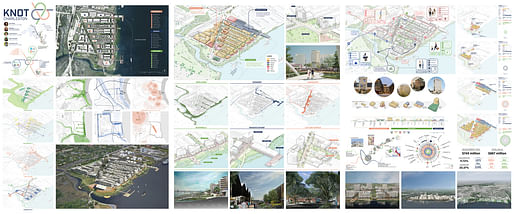
The winning team of Youngsoo Yang, Tomas Quaglia, Ben Parker, Emily Johansen, and Rachaya Wattanasirichaigoon was selected over three other finalist entries from Harvard, UC Berkeley, and the University of Virginia, respectively.
Their proposal, titled Knot Charelston, authors a vision for a mixed-use 3.6-million-square-foot downtown core united by food and the three "core values" of resilience, economy, and community, creating what they say will be “an enriching place to live for generations.” The project’s cost was estimated at $687 million at an economic benefit of more than $843 million.
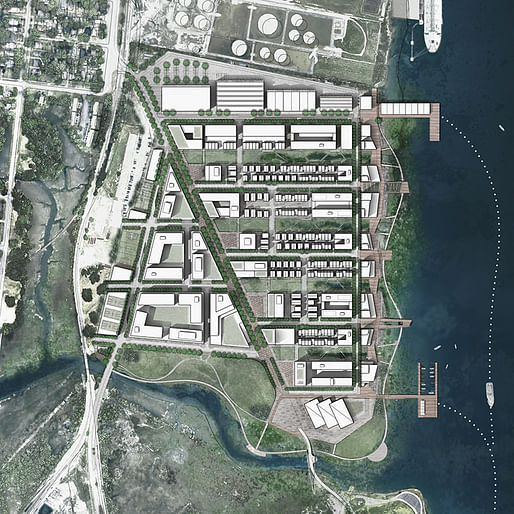
Jury chair Geeti Silwal said: “Of the many creative solutions offered, Knot Charleston ultimately had the most exemplary financials coupled with thoughtful phasing and a well-conceived mix of industrial and residential scales. Not only did their proposal offer ample access points to the water throughout the site, the team also told an effective story in their presentation that conveyed their awareness of the local maritime history, the city itself, and the community surrounding the site. I’m so appreciative to our jury for all the time they invested in considering the multitude of design and financial components from each team and to all the students who participated.”
“The ULI Hines Competition was an incredible opportunity for us to explore how real estate and urban design can address key challenges in our competition site and cities across the country,” the team added finally. “This three-month journey has been an unforgettable experience for our team and the highlight of our academic careers. We are grateful to ULI and Hines for providing this platform and excited to continue our commitment to a healthier and more equitable built environment.”
The ULI noted that Harvard’s was one of 84 total entries representing some 39 universities in the United States, India, and Canada. A gallery of each 2023 submission can be found here.

Ceramics of Italy Tile Competition
Register/Submit by Fri, Feb 14, 2025
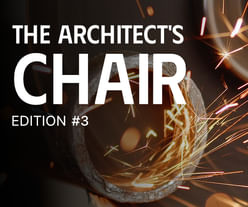
The Architect's Chair / Edition #3
Register by Wed, Jan 15, 2025
Submit by Tue, Feb 18, 2025
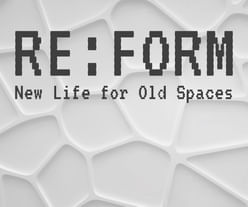
Re:Form – New Life for Old Spaces
Register by Wed, Jan 22, 2025
Submit by Tue, Sep 2, 2025
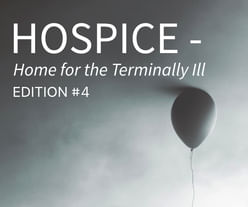
Hospice - Home for Terminally Ill #4
Register by Wed, Jan 15, 2025
Submit by Mon, Jun 16, 2025
1 Comment
Steam bent.